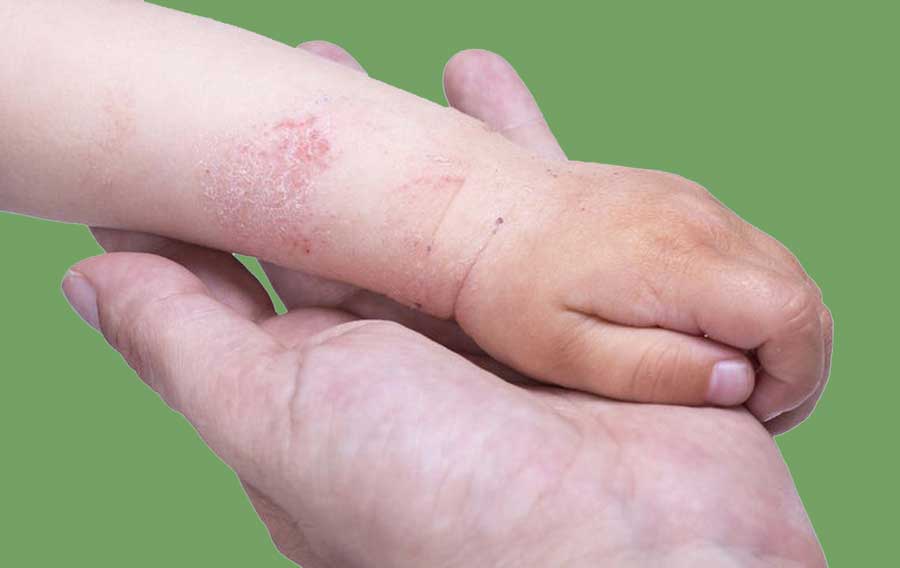You might think that people who work in the healthcare industry are among the healthiest – and indeed, this can be the case. However, most of them are struggling to maintain good health while keeping up with the physical, mental, and emotional stipulations of their jobs.
The healthcare sector, like any other, presents workers with particular challenges. Some of the difficulties healthcare workers have to deal with include exposure to microbial infections, physical stress, and mental and emotional strain.
Also see: What You Need to Do During the Self-Isolation Period
So if you work in this industry, it is crucial that you make your well being a priority, not only for you but for your patients as well. Below is a list of guidelines on how you can keep yourself safe and healthy throughout the year.
Protect Yourself from Germs and Infections
If you work in a physician’s office or a hospital, your exposure to bacteria, germs, and viruses is quite high. It might be impossible to protect yourself entirely from any illness, but you can take precautionary measures to strengthen your immune system and minimize microbial exposure as much as possible.
Here are some precautionary measures you have to prioritize, especially when you are pregnant or dealing with a condition that may compromise your immune system.
- Wash your hands before and after coming in contact with a patient.
- Use hand sanitizer frequently if handwashing is impossible to do at the moment.
- Wear personal protective equipment (PPE), such as gowns, eye shields, face masks, and gloves when needed. You may see Linkhub’s site https://www.linkhubs.com/ for reliable and durable PPEs.
- Make sure to stay updated on immunization shots for illnesses like chickenpox, measles, influenza, and hepatitis B.
Take Care of Your Legs and Feet
You will surely spend much time on your feet if you work in the healthcare industry, and this condition can make your legs and feet feel heavy, tired, or worse painful. Also, sitting down might not be an option for some. Doing daily activities like this may cause damage to both your.
legs and feet. Good thing there is such a thing as compression socks that can give you relief while wearing.
Wearing compression socks during your shift can prevent varicose veins development since they help improve blood flow and support tired limbs while reducing soreness and stiffness.
Practice Proper Movement and Lifting Technique
Apart from being hard on the feet and legs, working in the healthcare sector can also put a lot of pressure and pain on your back. You will undoubtedly experience this if you have to spend much time moving equipment back and forth or lifting and transporting patients.
What you have to remember is to make use of proper lifting techniques when dealing with heavy equipment or when working with patients. This involves lifting with your legs instead of putting all the weight to your lower back. Moreover, you should not hesitate to utilize a patient lift, other assistive devices, or ask a coworker for assistance whenever you are moving a patient. It is not only for your safety’s sake but for the security of your patient as well.
Prepare and Bring Homemade Meal
Ironic as it may sound, a lot of food made in medical clinics and hospitals is not exactly healthy. Rather than guessing and trying to figure out which of the vending machines or cafeteria offers the most nutritious food, it would be best to prepare a homemade meal and bring it at work.
You can prepare soups, wraps, salads, chicken, or rice bowls since these are easy to store and make ahead of time. If you are having difficulties in finding time to prepare, try setting your watch in an hour or so each week in preparing meals and place them in clean clear containers so that you can always have a healthy choice on hand.
Mind the Signs of Burnout
Last but not least, note that your mental and emotional health matters just as much your physical condition. It is very common for healthcare workers to develop symptoms of burnout syndrome. Some of its common symptoms are:
- chronic fatigue, even on the day-offs
- difficulty in sleeping
- difficulty in focusing or remembering
- headaches, dizziness, or gastrointestinal issues
- increased levels of anxiety
- mood swings or feeling depressed
- detachment feeling or loss of enjoyment in your work
The sooner you identify these symptoms, the sooner you can be able to make changes and prevent them from immensely impacting your health and well being.
Also see: COVID-19: Depletion of Resources Puts Health Workers at Risk
In a Nutshell
Working in the healthcare industry is a difficult task. In fact, health workers place themselves at more significant risk, for they can be exposed to hazardous pathogens and infections. Our silent heroes need to be mindful not only about their patients’ health but their own as well.










